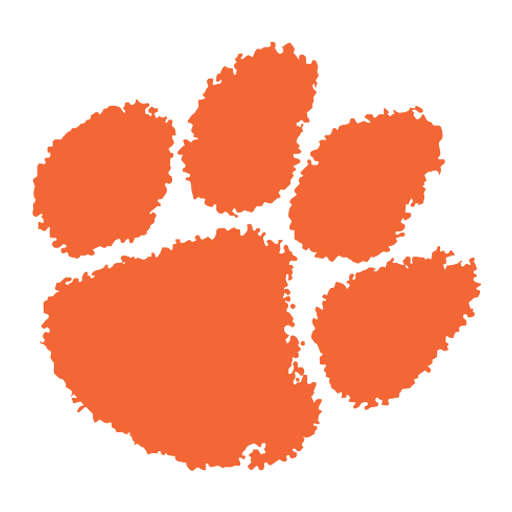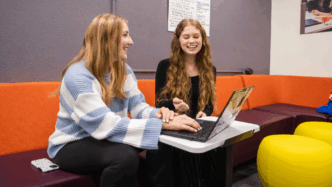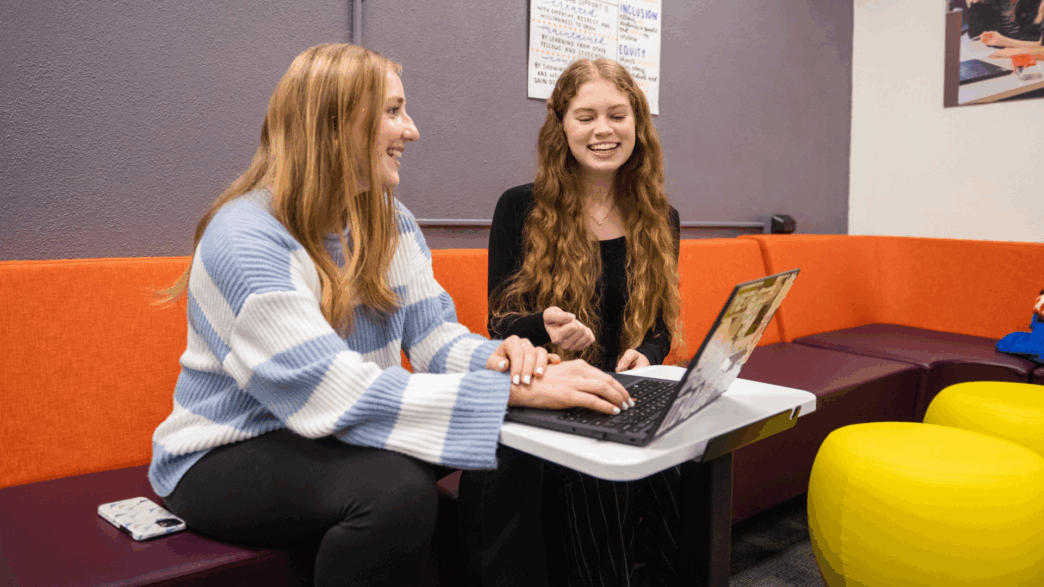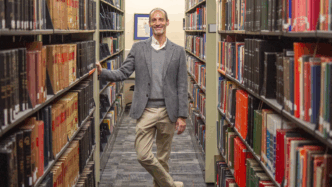It’s no secret that the rapid growth of AI tools has caused anxiety around human-generated writing and writing instruction. For the Clemson Writing Lab, however, appointment requests are increasing faster than ever.
“AI can offer certain affordances, but it’s never sat in a lecture with a specific professor; it has never experienced what it is to go to a Clemson football game; it has never been in the archives,” Writing Lab Director Chelsea Murdock said, recounting what students have shared with her when they visit the Lab.
The shared experience of being a Clemson student has led to record-breaking success across the Writing Lab’s programming. This year, the Lab experienced a 35% increase in appointments (growing from 1,449 appointments in 23-24 to 1,970 appointments in 24-25), launched innovative lab report workshops for STEM students and began engagements with various partners across the University.
“We have to emphasize the humanity of what we do,” Murdock added. “While we can provide guidance on the grammar and organization of a paper, we also hear the students when they are experiencing writing anxiety, or when they’re experiencing crisis.”
Anonymous surveys from Writing Lab users reflect Murdock’s sentiments: 98% of survey respondents indicated that they would recommend the Writing Lab and 96% of survey respondents indicated that they would return to the Writing Lab.
Interdisciplinary Focus
The interdisciplinary programming offered at the Writing Lab suggests another reason why students may be using the Lab over, or in addition to, AI tools.
When students make an appointment at the Lab, they meet with a Writing Fellow. These trained consultants represent each college at the University. So, when a student needs assistance with a biology lab report, there is likely a Writing Fellow with direct Clemson-biology experience that can help.
In addition to appointments, Murdock has introduced several cross-discipline programs, most notably discipline-specific workshops. In this year alone she:
- supported 513 students in workshops for Department of Chemistry undergraduate laboratories,
- provided a workshop for students applying for experiential learning funding in the College of Science,
- conducted an academic writing workshop for a Learning Sciences class in the College of Education,
- presented a workshop on personal statements for law school in collaboration with the William T. Howell Pre-Law Society
- and began a partnership with the Office of Military and Veteran Engagement (MVE) that will provide writing consultations in the MVE office.
Real-World Human Interaction
Junior English major Olivia Kirkland is in her first year of working at the Writing Lab and has already seen the impact of peer-to-peer sessions, not only for students requesting appointments, but for the Writing Fellows themselves.
Kirkland hopes to pursue an editorial career after college. The Writing Lab has strengthened her relationship building skills.
“We help writers improve their skills, which I love, but in the real editing world it’s not just checking for grammar. There are tools for that. Editing is about building relationships with authors. It’s been really great to train and prepare for that.”
Murdock has many plans for the Writing Lab as it continue to grow, and her plans reflect the trend she’s already seen: interaction with each other is crucial to progress as both writers and people.
The Writing Lab exists to support all members of the Clemson community into becoming more confident and effective writers. The Lab supports any discipline, any level, any stage and any genre of writing. Writing Fellows, trained writing consultants from a range of disciplines, are the primary avenue for this support, facilitating appointment conversations and listening to student writing concerns.
Those interested in learning more about the Writing Lab, becoming a Writing Fellow or booking a consultation appointment can visit the Writing Lab website. Professors interested in Writing Lab workshops can contact Chelsea Murdock at cjmurdo@clemson.edu.








